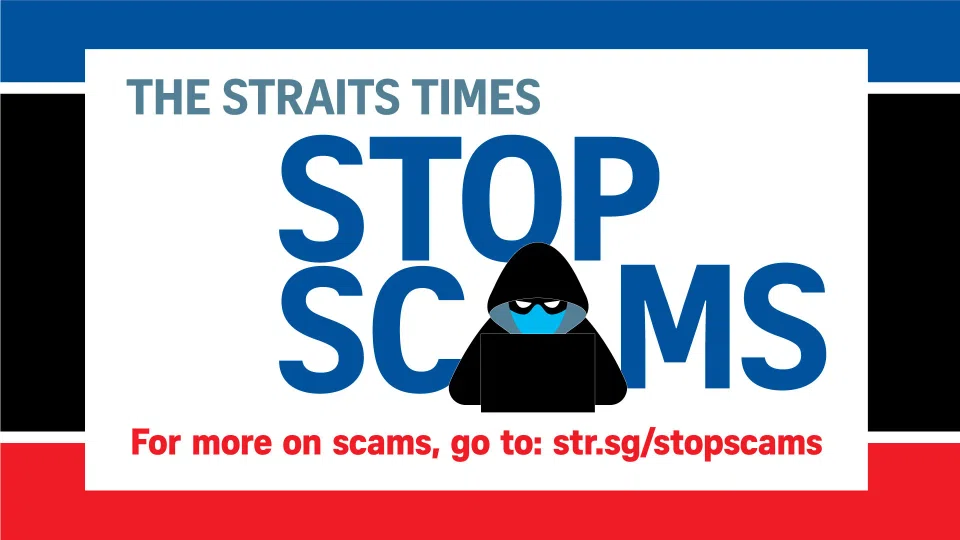WhatsApp to warn users before sharing screens with strangers in Meta's anti-scam push
Lee Li Ying
The Straits Times
Nov 2, 2025
Sharing your screen on a WhatsApp video call with an unknown contact will now trigger a warning.
The new alert feature is meant to prevent scammers from using the shared screens to view victims' banking, Singpass or e-mail credentials as they enter them on their phones.
This is one of two new tools that Meta is rolling out on its platforms to protect Singaporeans from scammers.
The other is scam detection for suspicious chats on Messenger.
Meta will roll out the scam detection feature on Messenger across the world, including in Singapore. No timeline was given for the roll-out.
Meta's head of public policy for Singapore and Asean Clara Koh said the new measures are part of ongoing efforts against scams.
Earlier in 2025, Meta was ordered by the Singapore Government to put in place measures by Sept 30 to stem scams on Facebook involving impersonation of government officials.
It was the first such directive issued under the Online Criminal Harms Act.
Meta is required to put in place enhanced facial recognition measures and prioritise review of end-user reports from Singapore on government official impersonation.
A Meta spokesperson said the firm has facial recognition systems and trained human reviewers to detect fake accounts and ads that impersonate public figures.
The tech giant will further expand these measures for selected political office-holders in Singapore, in addition to what it currently does.
"We also rolled out advertiser verification, and will continue working with law enforcement and take legal action against the criminals behind these scams," said the Meta spokesperson.
The WhatsApp warning feature for screen-sharing is a response to a trend over the past year in which scammers impersonating government officials and banking or tech support staff ask victims to share their screen.
Ms Koh said: "We are not stopping people from sharing their screens because there are very legitimate reasons for why you might want to do that, but we want to remind people that you should do it with only those you trust."
In Meta's other new anti-scam tool, Messenger will notify users when a recently created chat with a new connection may contain signs of a scam. This detection feature requires users to turn it on.
Some indications of a possible scam include an account that has been blocked or reported many times by other users.
Users will be asked if they would like to send recently received messages for an artificial intelligence review. These messages would no longer be end-to-end encrypted.
When the review is complete, and if a potential scam has been detected, users will see information about why the messages may be indicative of a scam. It will suggest actions to take, such as blocking or reporting the other user in the chat.
According to Meta, an example of a potential scam message is the offer of a work-from-home job that pays $50 an hour, but $200 is first needed for a background check.
The new feature will inform users that the message is a potential scam because it is offering a job in exchange for money, and promises fast returns.
"When we know that someone is a bad actor, we would have already removed them from the platform. But sometimes, we don't know for sure. This is when we show such warnings," said Ms Koh.
In the first half of 2025, Meta removed more than 68,000 accounts on Facebook and 3,000 accounts on Instagram, for violating its policies against fraud, scam and deceptive practices - 74 per cent of these were removed proactively on Facebook, and 81 per cent were removed proactively on Instagram.
Meta also banned more than 653,000 pieces of ad content for similar violations of its policies, out of which over 96 per cent were removed proactively.
Scam prevention efforts by other tech companies include an online resource called Scam Prevention Edition by TikTok, where up-to-date resources and insights on scams can be found.
E-commerce company Carousell also rolled out verification of risky sellers and advertisers against government-issued records to prevent scams.
According to the latest figures released by the police in August, close to $500 million was lost to scams in the first half of 2025, with almost 20,000 cases reported in Singapore.

